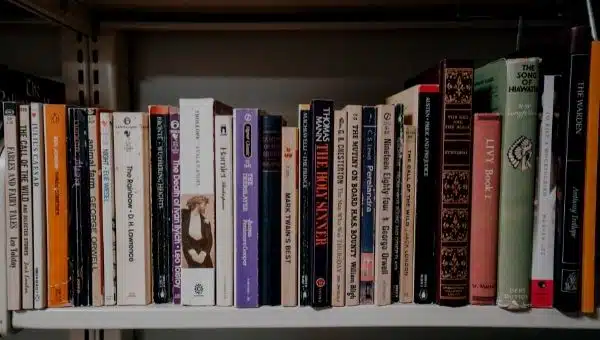The processes that precede and succeed writing – researching and editing – are as important as actually writing. In this article, I will go over some ways or say how to research thoroughly and be prepared before writing book. Researching as a process involves gathering, organizing, compiling and comprehending information relevant to your writing. This information ensures that your work is factually accurate and logically seamless. It might seem that fantasy doesn’t require much research – but that is a myth. Aspects of worldbuilding, mythology and fantastical characters require research. And even if they don’t, additional research always helps, inspires and plays a huge role in the creative process.
How To Research Thoroughly And Be Prepared Before Writing Book:
Understand your topic fully
The first step to conducting research is to understand exactly what you’re researching. First of all, this helps you narrow down your area of research and focus only on what’s relevant. Then you can cover that in depth instead of broadly covering a lot of topics that aren’t all relevant. Secondly, this also helps you set the tone for the research as well as writing.
Conduct primary research through interviews
Reading and writing, or the pursuit of literature, is essentially humanistic in nature. So the best research will probably come from real life people. Always staying on the lookout for information you can absorb from strangers, acquaintances, friends and family or specific target populations always helps. You can conduct informal or formal interviews or just make conversation.

Read fictional works already written on the themes
Just as useful as diving into dense non fictional works is closely reading and thoroughly understanding fictional works written on the same topic. This gives you a factual understanding of the basic topic, such as the theme or a historical event as well as shows you how to weave it in with a narrative. It can be an invaluable resource.
Look up research papers, relevant journals and monographs
Now coming to non-fiction, there are a bunch of sources to refer to. Using research papers, either available online on sits like jstor or in journals, is helpful. These are jam packed with information and usually shorter than Books, so it’s easy to breeze through them. Monographs, or books on a very specific topic, are also great sources of information.

Go to a local library and browse by theme
Local libraries can offer impressive selections of non fiction Books. You can usually browse by theme or genre, and you’ll find a host of books you didn’t even know existed. Plus, libraries don’t require you to constantly buy books, so you can save money too. It’s one of the best ways to get information.
Take an archival literature research course and implement learnings
Archival research is basically the study of archives, or the collective congregation of information through the ages. Many universities, online and offline, offer courses on archival literature research. This can then help in primary research – you can end up with very coo, first hand information.

Make tedious notes and organize them
An important part of researching is actively compiling information. Arguably, it is as important as actually gathering information because this way, you store it in a usable form. Scattered information is usually of no help and might even slip out of memory. So making tedious, copious notes and organizing them by theme, colour code or even headings can really go a long way.
Look out for university press publications
University presses, such as the Stanford University Press, Oxford University Press or Cambridge University press are dedicated to academic research. Their publications are heavily research oriented and very specific studies or non fiction. Constantly being on the lookout for them can lead you to important research information.
Also Read: 10 Classic Crime Novels that Still Thrill




